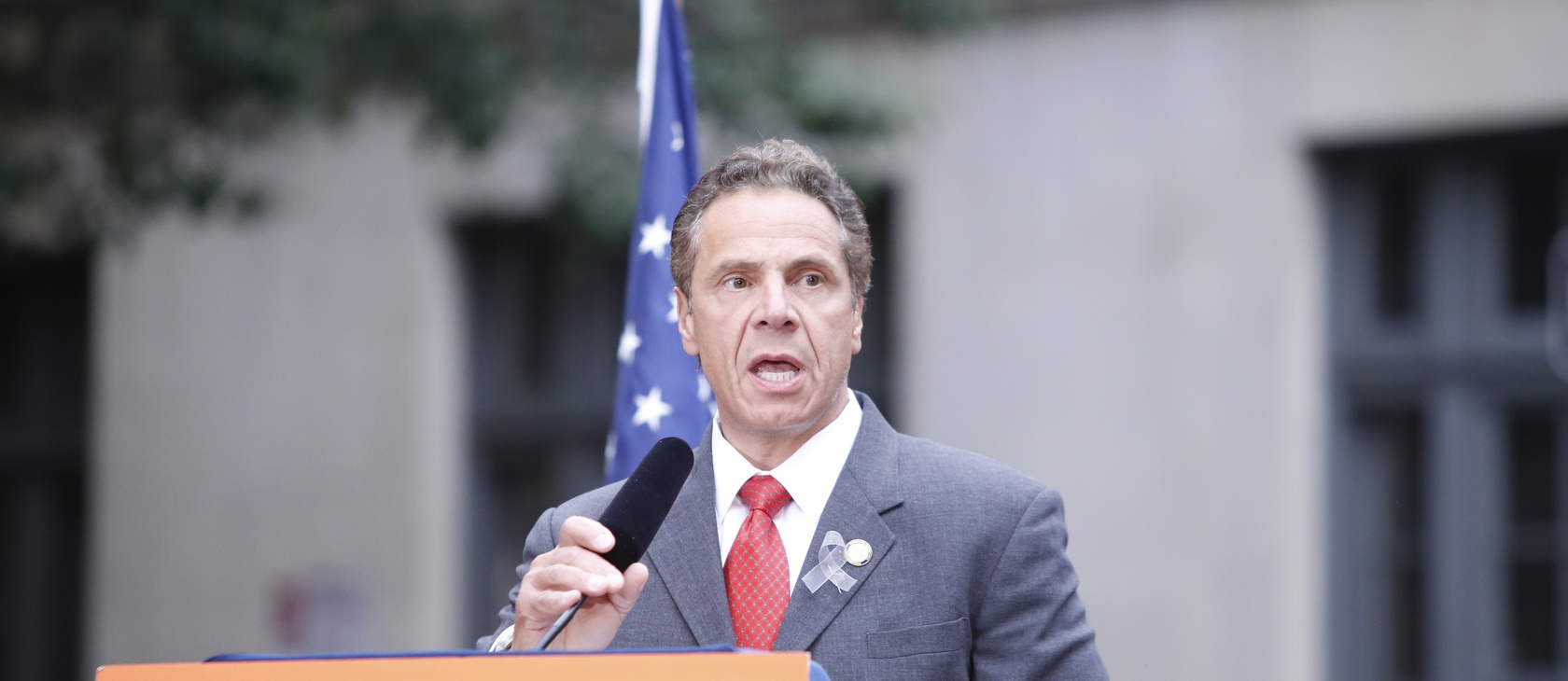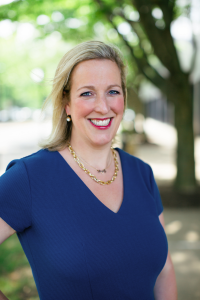We all want to flourish. It’s part of God’s design and desire for His creation. Part of flourishing is making the choices we face less difficult, or even eliminating difficult ways of doing things. In the modern age, part of that includes making sure our children live longer and better lives than we do. A better and more productive life includes increasing opportunities to acquire the education that suits you. For some this is an apprenticeship, an online certification or a four-year college degree.
Most Christians would agree that more flourishing is good and that educational choice is important for us to enhance our God-given creativity. The question over which many Christians disagree is the means for making these desires possible. Are the tools of policy the best mechanism for increasing educational choice and quality? Or is that better left to the market?
The debate continues but now with a new policy twist. On April 7, the state of New York passed legislation initiated and pushed by Gov. Andrew Cuomo to make college “free.” Well, not really free. The Excelsior Scholarship, as the program is known, attempts to provide free tuition to New York public universities for families making $125,000 or less.
This legislation is billed by the governor himself as “First-in-Nation Tuition-Free College for the Middle Class.” Cuomo signed the bill in hopes that other states will adopt this bold policy to help the neediest students get to college. Will it work?
While Bernie Sanders, Hillary Clinton and others are praising the bill, we must first stop to ask a few questions: Who are we trying to help and are they getting the support they need? How does this affect this decision to attend college and the decisions to stay in college? How does this affect the long-term affordability of college?
We Live in a World of Scarcity
The first reality that we must submit ourselves to is that we live in a world of scarcity. Our resources have multiple and competing ends. Crafting another public policy response cannot not magically stop scarcity in the same way that it cannot stop a hurricane from coming. God designed a world in which we would have to work together to overcome the constraints of scarcity. We simply cannot do this on our own. Scarcity is our reality and it means that we must choose and each choice we make imposes a cost upon us.
The first reality that we must submit ourselves to is that we live in a world of scarcity.
Attending and paying for college falls under this premise. If you attend college not only must you pay tuition fees, book fees and in many cases room and board. The costs of these choices are not just in the prices we pay for them but what we give up consuming them. If you attend a four-year college away from home, you most often give up a full-time job, time with your family, and other higher education options like online or community college. Each choice we make imposes costs and tradeoffs upon us.
If we want to increase human flourishing for everyone, we must discover how to innovate and make choices less costly over time. Higher education suffers from a lack of human creativity and innovation -- it is getting more expensive rather than less expensive. When we can pay less for the things we consume, we have more leftovers (time and money) for other things we need and want. This paves the road to greater flourishing.
Prices Lessen the Burden of Scarcity
Prices are lowered naturally through the process of competition. When there is more than one supplier, those suppliers compete on both price and quality -- which is great for consumers. True market competition in higher education – without more and more state subsidies – would mean that students would have far greater choice and that those institutions can specialize. Some colleges focus on liberal arts, the Great Books, technical education, art institutes, and many more.
This organic specialization is the result of consumers being able to demonstrate their preferences in the market. Colleges respond to these market incentives by giving students what they need and want at lower prices and higher levels of quality.
Prices in a market reflect underlying levels of scarcity. The way to encourage price reductions is to encourage competition. Sadly, the very opposite of this process defines higher education. Most colleges and universities are heavily subsidized by governments which distorts the natural competitive process. To layer on top of that a policy of “free tuition” just obfuscates the competitive process prices further.
Unintended Consequences
We can’t will prices to be lower than they are just because we want lower prices. Signing a new bill into law can’t do this either because laws and policies do not function like a magic wand. We can and should want lower prices, but the mechanism for achieving this is the market process rather than government intervention.
Forcing college to be “free” doesn’t make it free at all -- it makes it much more expensive in the long run. Policy cannot force innovation and cost-savings.
There are some other problems with Gov. Cuomo’s new “free” program: it distorts who will attend college. When we use policy as an effort to try and make things cheaper, on the surface college will look more attractive because the cost of attending is further subsidized. This will artificially make it look “cheaper” to attend college but in fact it is not cheaper. In the long run, New York’s new education policy will make college much more expensive. The legislation doesn’t free up scarce resources, it rearranges existing resources and is funded through taxes. In the long run, it discourages innovation and cost saving measures by colleges.
Many are predicting that the Excelsior Scholarship will help traditional college students but won’t help the neediest. Those students at the lowest end of the income distribution already have access to grants and loans so this funding will not be offered to them first. The neediest will likely get left behind.
Another unintended consequence is that people will enter college who may be better off pursuing some other form of education, like certification programs or community college. These students will have a more difficult time finishing college and many may drop out. College dropout rates are at an increasing problem with about a third of students dropping out, and the Excelsior Scholarship will likely exacerbate this problem. Attending college and then dropping out because it ends up being more costly than you thought or worse yet, not the right place for can be worse than not attending at all.
We can all agree that there are vast societal benefits to an educated population. Higher education is important in the increasingly digital and global age and necessary for us to live into our God-given skills and talents. We need to encourage competition so that each of us can receive the education that we need, one that suits who we are, and does so at ever lower prices.
Forcing college to be “free” doesn’t make it free at all -- it makes it much more expensive in the long run. Policy cannot force innovation and cost-savings. The key to enriching the lives of future generations is to innovate in higher education so each student gets what they need at the lowest price possible. This allows each person greater autonomy over their lives to live into the unique person they are created to be. Freeing higher education by introducing market competition, not more taxpayer subsidies, is the key to providing better educational choices for families and students.




